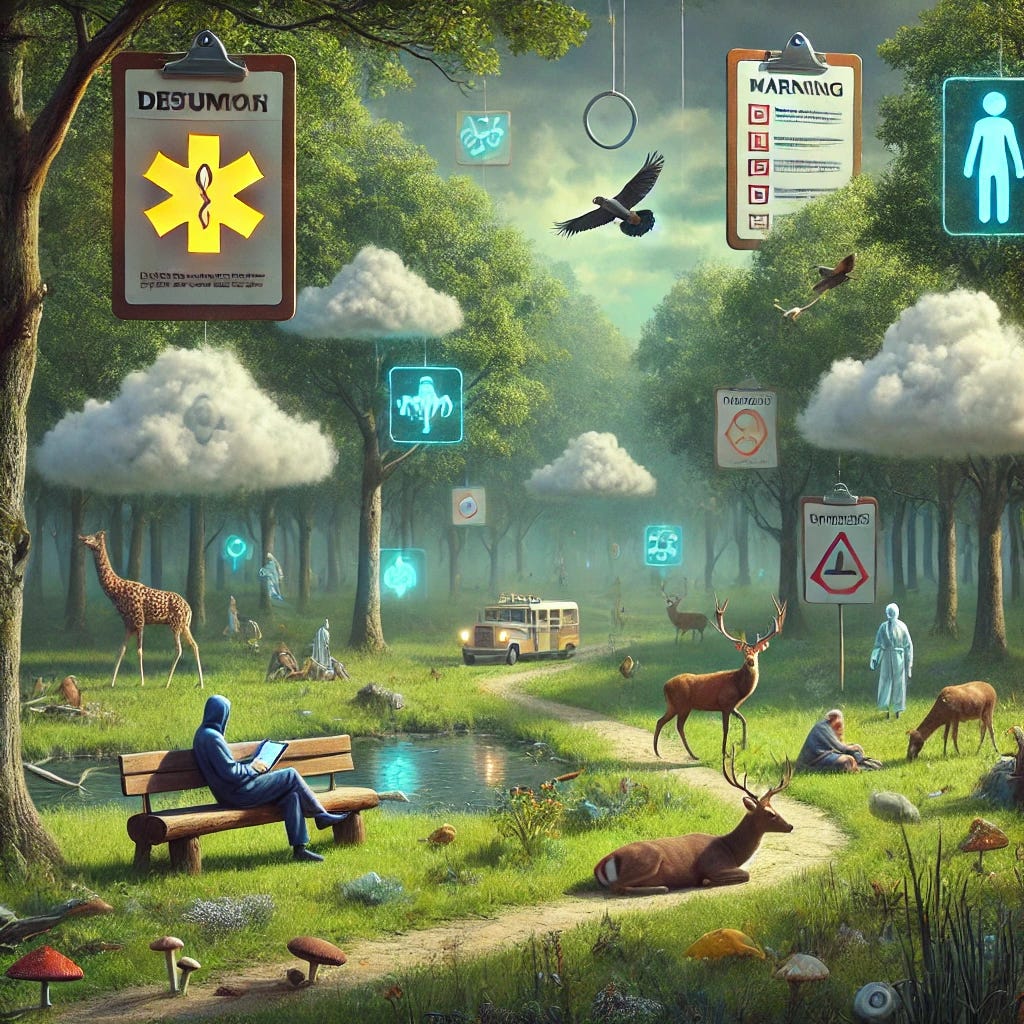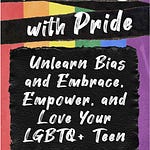Research on human behavior finds that we often excuse personal bad behavior using external variables, yet blame internal unchangeable qualities for the same actions in others. This is called the Fundamental Attribution Error, for those who want to look up more on it. Further, we rationalize behavior by placing it into a personally coherent narrative or story that, as should as no surprise to anyone, inevitably makes sense within the frame of reference we see the world through. This is why people can share an experience, but have wildly different subjective appraisals of it. Each of us is actively constructing the world through which we act and project ourselves into, based on our own idiosyncratic histories. This is, unfortunately, a terribly limited way of forming reflective and well-considered opinions, as we are focused largely only on what fits our current perspective, thereby losing sight of the many details not currently seen.
In science there's a built-in mechanism for continuing to ask questions and a peer review process to help doubt flourish even after conclusions have been reached. When it comes to humanity, there is no built-in process. Instead, self-reflective criticism has to be taught, practiced, and actively engaged in.
One result of this process is a tendency to make what is normal human behavior within disparate social situations, into glaring pointers towards pathology. A person lies and it's a sign they're a sociopath and pathological liar. A person experiences variations in mood and it's a sign of bipolar disorder. Periods of sadness are now major depressive disorder. That the person in question possibly faced a difficult choice, went from a challenging environment to a supportive one and is working through a loss, respectively, are all side-notes to the need to identify something aberrant.
Learning to utilize a process of continued questioning of our behaviors, biases, and underlying thought processes encourages us to become more resilient. We can encourage communication, understanding, and connection by approaching others from a place of exploration rather than a judgment bent on dismissal or labeling as other.
Further Reading












